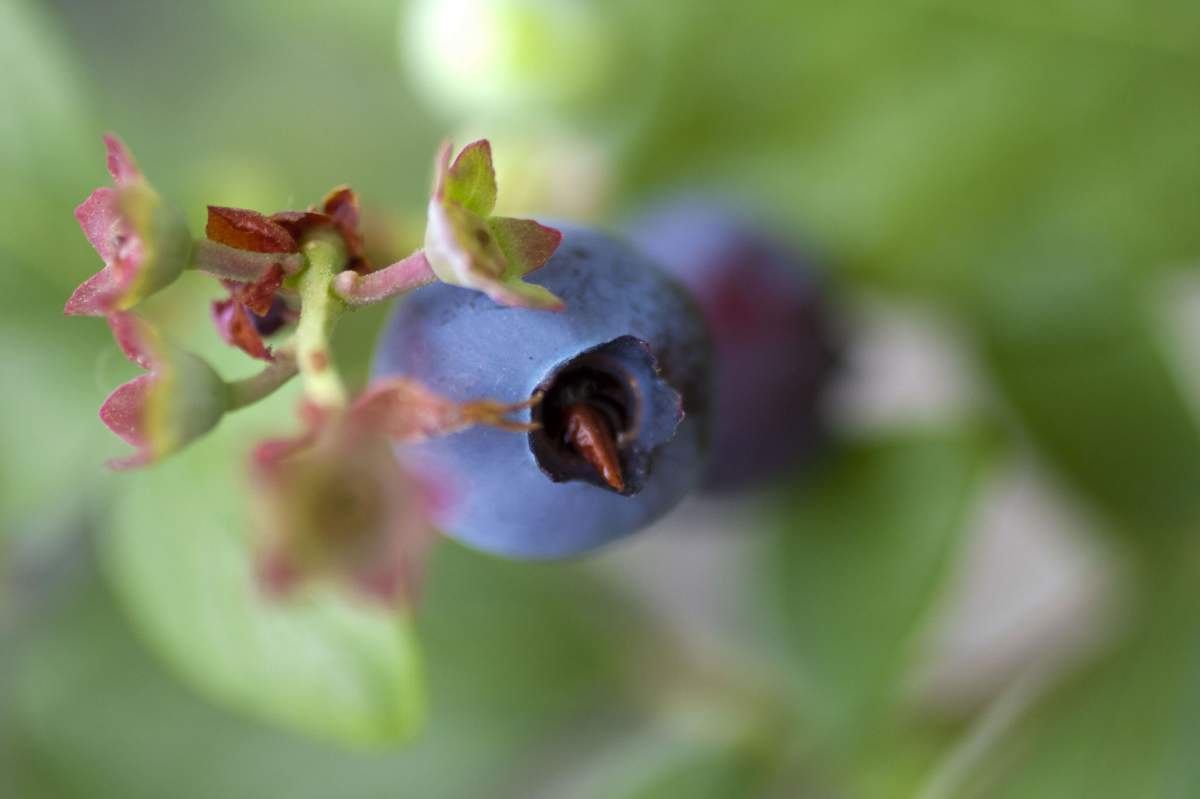
Before you fuel up for a workout or long day, consider the carbohydrates you put in your body. Carbohydrates are nutrients your body breaks down into glucose, or blood sugar, to burn for energy. But you have a wide selection of foods to choose from, ranging from candies, pastas, fruits and vegetables.
Simple Carbohydrates Can Be Useful
Generally, the more processed a food is, the less nutrients it provides to the body. These foods are considered simple carbs. They contain fast burning sugars including fructose, glucose, and galactose.
The body processes these sugars very quickly as they are single and double sugar molecules. This type of carb is useful for short bursts of energy. Fruits are high in simple carbs, but are also nutrient-dense.
Processed foods such as white bread, cake, and other forms of refined sugar are high in simple carbohydrates but lack the nutritional value that sustains the body long-term.
Complex Carbs And Energy Storage
Foods that contain starch or fiber take longer and more energy for the digestive system to process. Because they take longer to process, you feel full for longer and blood sugar is more stabilized. Blueberries contain easily broken down sugars. They are high in dietary fiber as well, making them an ideal choice for simple carbs.
Complex carbs consist of long, complex chains of sugar molecules. Complex carbs are a necessary part of any diet to help with digestion, metabolism, and general health. Carbs are processed into glucose.
Carbs and Glucose
If unused, it is stored as glycogen in the liver and muscles. It can be broken back down into glucose when energy is needed.
The gradual breakdown of stored glycogen into glucose helps keep blood sugar consistent between meals. Glucose is only form of stored energy used to fuel the brain, making carb consumption important. Glycogen to glucose is a faster transfer of energy than breaking down fats, making glucose useful during sudden, strenuous activity.
How Much to Consume
Based on a 2,000-calorie diet, the body needs 225-325 grams of carbs a day. One cup of sweet potato contains 27 grams of carbs. One cup of blueberries contains 21 grams of carbs.
Sources And Further Reading:
- "Carbohydrates: Complex Carbs vs Simple Carbs." The Physicians Committee. February 09, 2018. Accessed May 15, 2018.
- "Figure 2f From: Irimia R, Gottschling M (2016) Taxonomic Revision of Rochefortia Sw. (Ehretiaceae, Boraginales). Biodiversity Data Journal 4: E7720. 2002. Accessed May 22, 2018. doi:10.3897/bdj.4.e7720.figure2f
- "How Carbohydrates Can Affect Your Heart Health." Health Essentials from Cleveland Clinic. April 13, 2018. Accessed May 15, 2018.
- McClees, Heather. "7 Benefits of Complex Carbs and the Best Ones to Eat." One Green Planet. April 09, 2018. Accessed May 15, 2018.
- Mendoza, Eunice. "Difference Between Refined Carbohydrates & Complex Carbohydrates." LIVESTRONG.COM. October 03, 2017. Accessed May 15, 2018.
- "SWEET POTATO NUTRITION." Meat Pies of Australia & New Zealand, Facts & Trivia. Accessed May 15, 2018.
- Thompson, Renee. "What Role Do Carbohydrates Play in Metabolism?" Healthy Eating | SF Gate. July 20, 2017. Accessed May 15, 2018.
- Wax, Emily. "Complex Carbohydrates: MedlinePlus Medical Encyclopedia Image." MedlinePlus. September 2, 2016. Accessed May 15, 2018.
- "What Do Carbohydrates Do for You?" Who Am I? April 19, 2010. Accessed May 15, 2018.
- Winston, Courtney. "What Are Healthy Simple Carbohydrates?" Healthy Eating | SF Gate. October 07, 2016. Accessed May 15, 2018.









